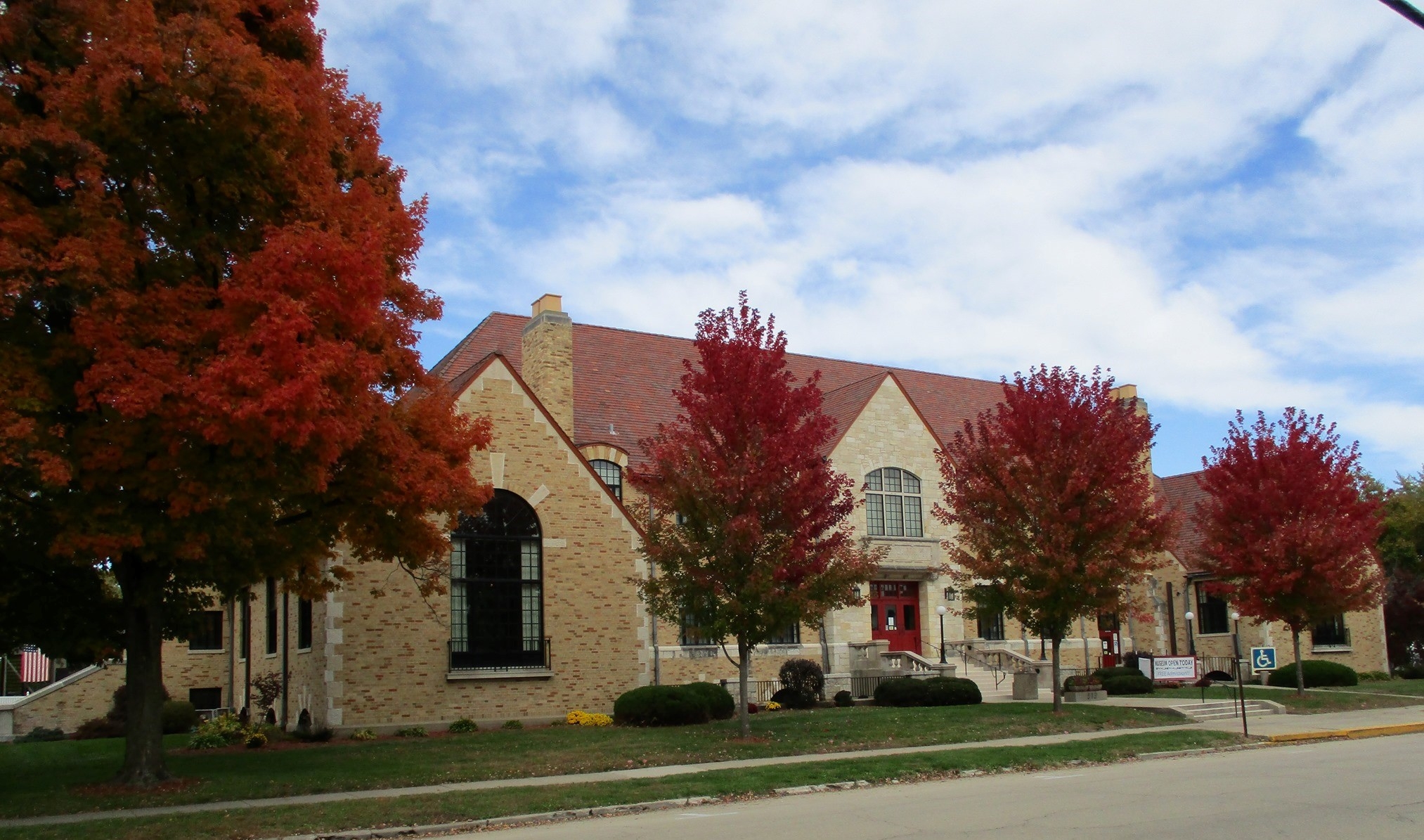Details
Love Illinois history? Check out some interesting items found in this beautiful building.
- Dolls & toys from yesteryear, some of which aren’t politically correct, some of which you may remember using yourself
- Collectibles from the Rock River Assembly, the nation’s 2nd largest Chautauqua
- Local, Dixon industry & business artifacts & collectibles (for a small farm town, we had a heck of a lot of industry)
- The “low-tech” display featuring Edison phonographs, phones, the original Nachusa House switchboard, & tiny B&W TVs
- Artifacts that pioneers used in everyday life-no plug ins or easy to use & clean here
- The lifeguard chair “Dutch” Reagan used while working as a lifeguard at Lowell Park
- Photos of Ronald Reagan growing up in Dixon
- Local and regional history exhibits
Plus fossils, Civil War weapons, and pioneer tools. Young visitors may ring school bells, operate antique vacuums and washing machines, and listen to a 1900 phonograph.
Donations appreciated, wheelchair accessible. The building is also available for meetings, corporate retreats, receptions and more.
Hours: Thursday & Friday 9am-2pm and Saturday 10am – 3pm
History
One of the main purposes Mr. and Mrs. George C. Loveland had in mind when making provision for the community house was to perpetuate the name of the family the located in Dixon more than 175 years ago. Otis Loveland, the grandfather of George C. Loveland, came to Dixon with his wife, two sons and three daughters in 1837.
George C. Loveland was born in Dixon in 1847. In 1880, he married Emma Tomlinson in Mt. Carroll, Illinois. Mrs. Loveland was born in Mt. Carroll in 1852 and died in 1937. Both are buried in Oakwood Cemetery.
Mr. & Mrs. Loveland spent their lives in Dixon and vicinity and were vitally interested in the progress of this community. The felt that every normal individual craves and is entitled to a social life. They generously provided the building and equipment for the use of all who cared to participate in its activities.
The facility was built at a cost of $200,000.00 and was dedicated in 1940, which would be over $3,200,000.00 in today’s dollars.
